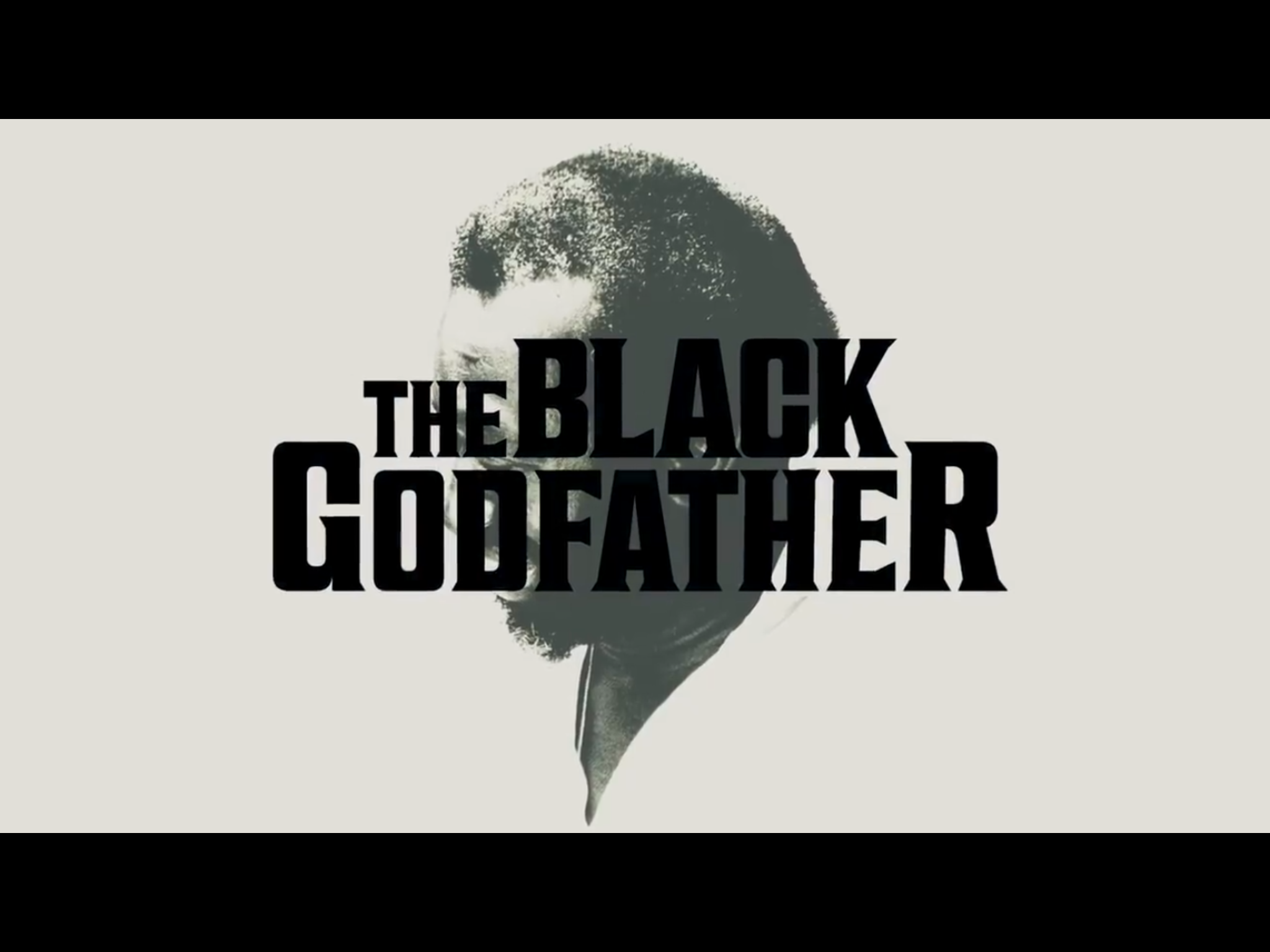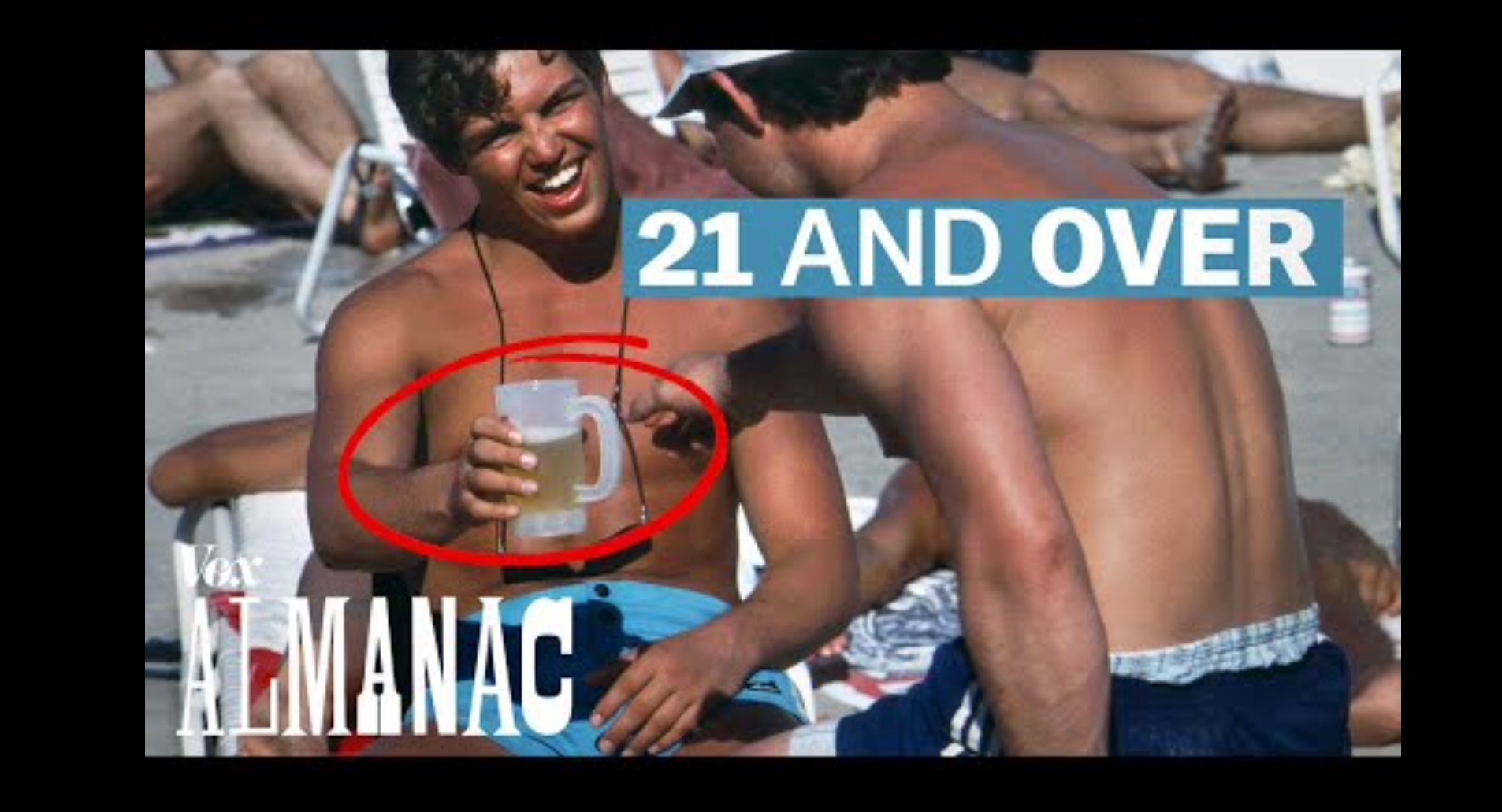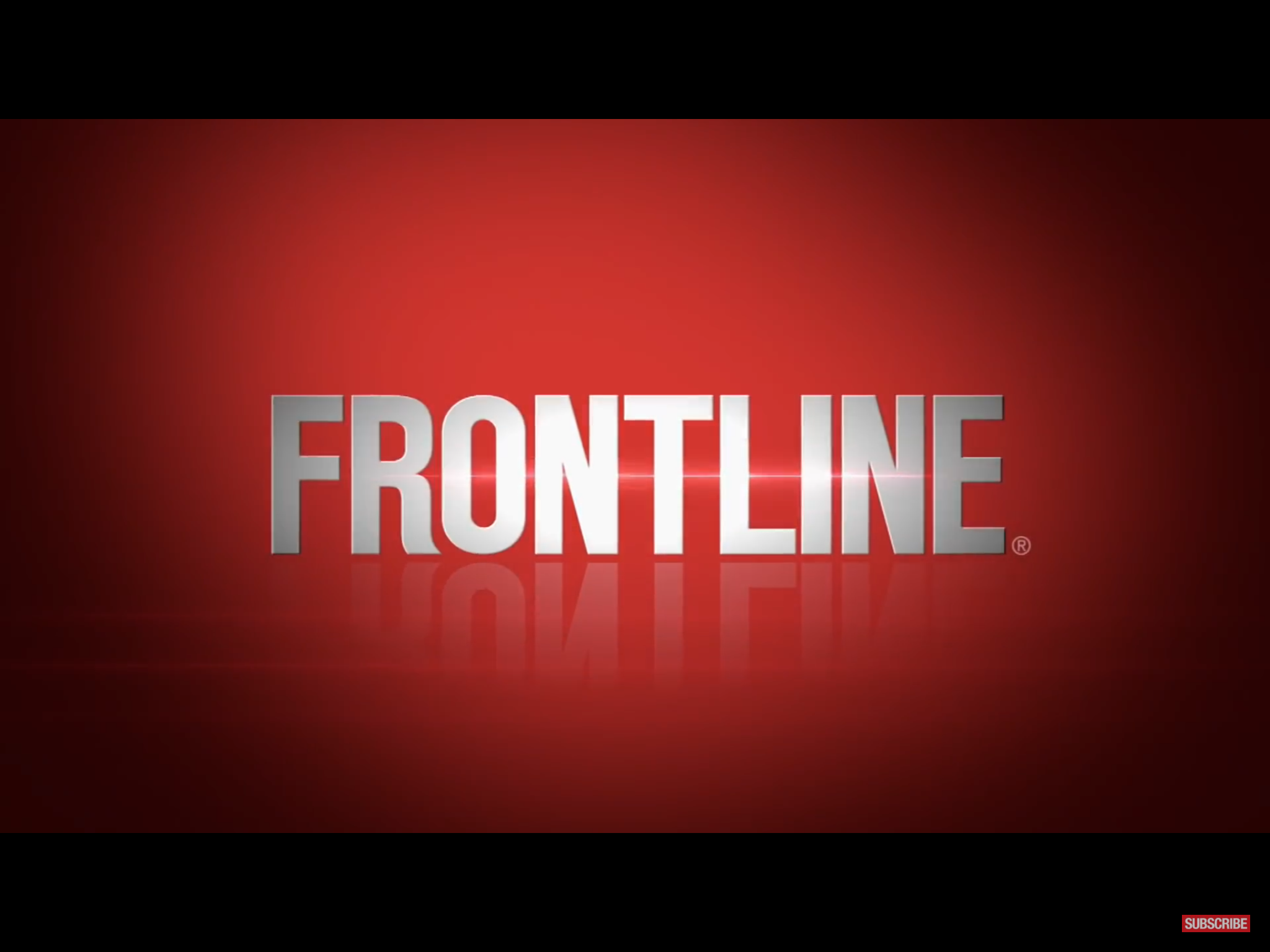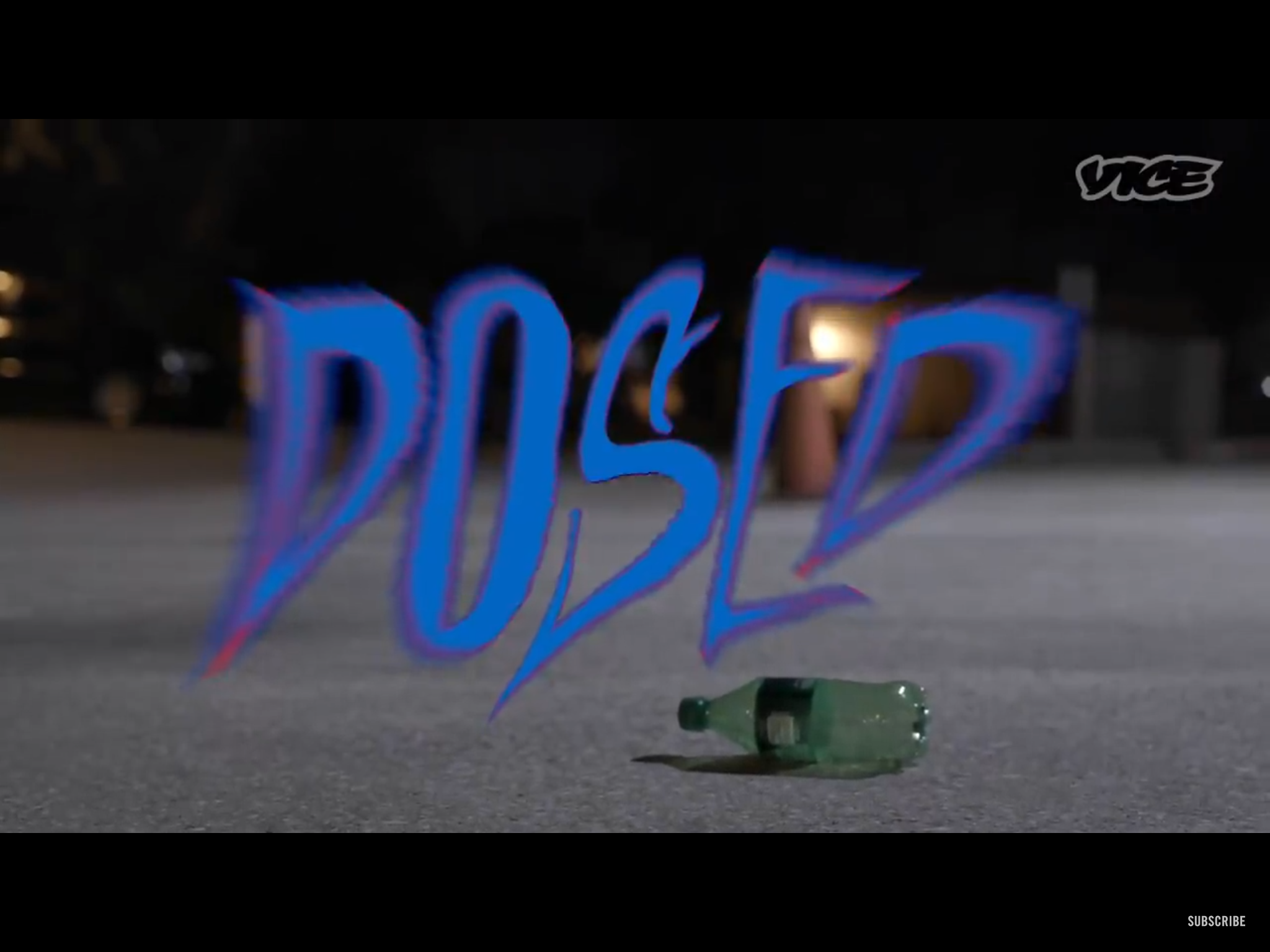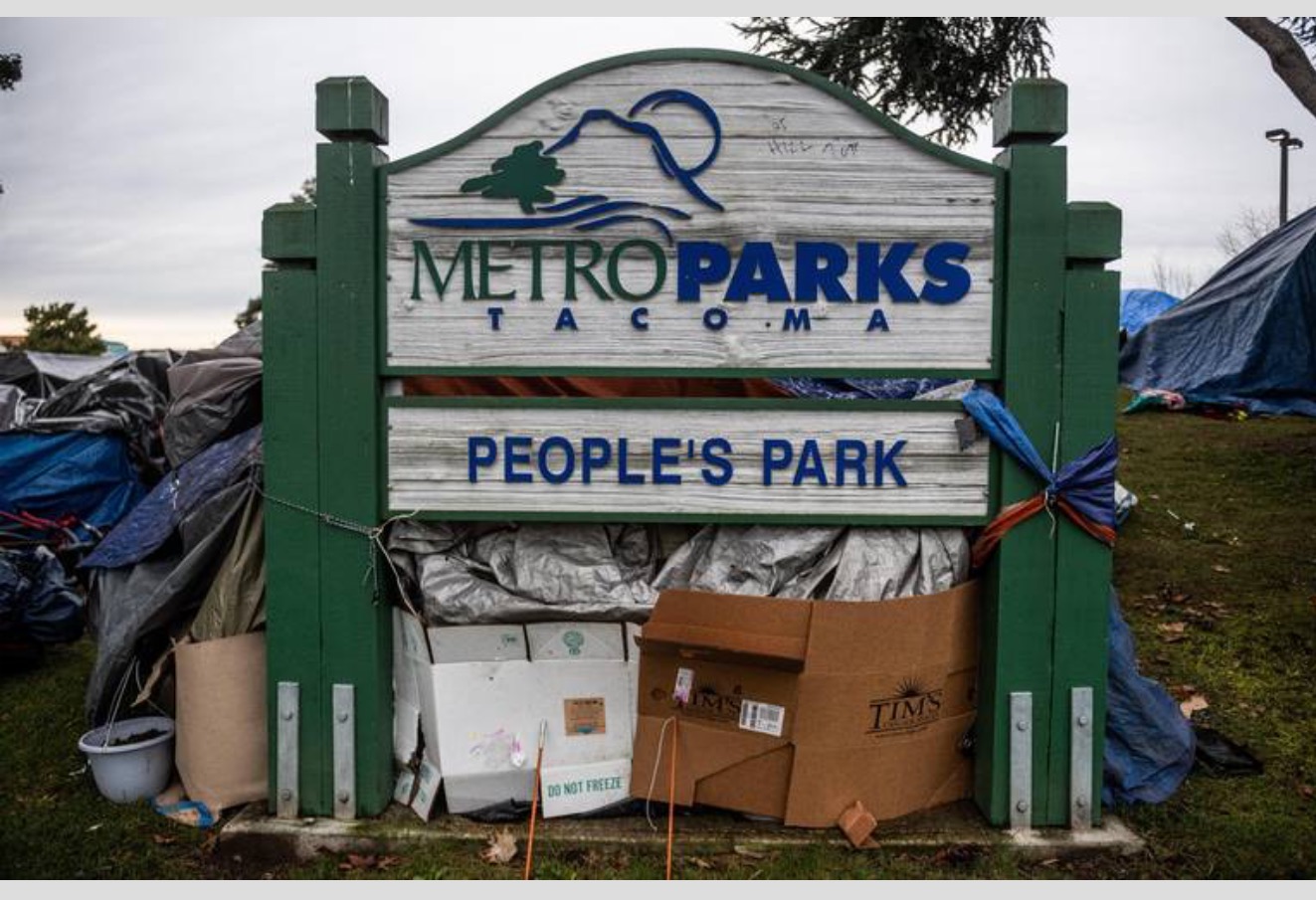Marie Osmond says, ‘I’m not leaving any money to my children’ after death, sparking debate on ‘The Talk’
Marie Osmond won’t leave any money to her children after she passes away, The Talk co-host, 60, said Friday
The former country singer is a member of the famous Osmond family, who ruled the music scene in the 1960s and ‘70s as the Osmonds. Marie and her brother Donny Osmond, 62, also hosted a 1970s variety show called Donny & Marie. The Dancing with the Stars alum has been married three times and shares 6 children, two biological and five adopted, with her ex-husbands. (In 2010, Marie’s 18-year-old son Michael died by suicide).
During The Talk segment, the women discussed reports that Kirk Douglas, who died in February at age 103, left most of his multimillion dollar fortune to charity.
“I’m not leaving any money to my children,” Marie told her CBS co-hosts, adding, “Congratulations, kids.”
“My husband and I decided that…I think you do a great disservice to your children to just hand them a fortune because you take away the one most important gift you can give your children, and that’s the ability to work,” she said.
Marie said children of wealthy families often “don’t know what to do” and “get in trouble,” saying, “Let them be proud of what they make, and I’m going to give mine to my charity.” She clarified that her views don’t void a desire to help children, for example, helping them to purchase a home or car.
The topic gave way to a friendly debate. “I disagree with that,” said co-host Sheryl Underwood. “I think that when you come from a family of money, you raise your children to value money and understand money and because they [were] born into the family, they should have a healthy respect for money.”
Guest host Carnie Wilson of the former band Wilson Phillips, added, “I’m somewhere in the middle. I love the idea of teaching your children to work.” Admitting that she hails from a successful, hardworking family herself — Carnie and her sister bandmate Wendy are the daughters of Brian Wilson, a founding member of the Beach Boys — Carnie said she prefers leaving some money to her children while also instilling a work ethic.
Co-host Sharon Osbourne, who is married to three-time Grammy rocker Ozzy Osbourne, tactfully disagreed with Marie. “Everybody is different, and I just know that my husband’s body of work that he’s written and kept us all in the lifestyle that we love, goes to my children and his name and likeness goes to my children…” she said, adding, “I don’t want somebody that never met my husband owning his name and likeness and selling T shirts everywhere and…no, it stays in the Osbourne family.”
YAHOO! ENTERTAINMENT——–> https://www.yahoo.com/entertainment/marie-osmond-im-not-leaving-any-money-to-my-children-in-will-235238458.html
America’s Great Devide Part 1& 2 FRONTLINE
America’s Great Devide pt 1
America’s Great Devide Pt 2
Why Lean Became Rap’s Most Wanted Drug
Is Lean really worth it?
What’s Tacoma’s plan for tackling homelessness? There is none, judging from People’s Park
Within the last 6 to 7 months. I personally have seen People’s Park turn into a homeless camp. And guess what is across the street? AcHousing assistance Buliding. Tacoma Housing Athority. If THA doesn’t have the funds to help the homeless who will?
What is the plan?
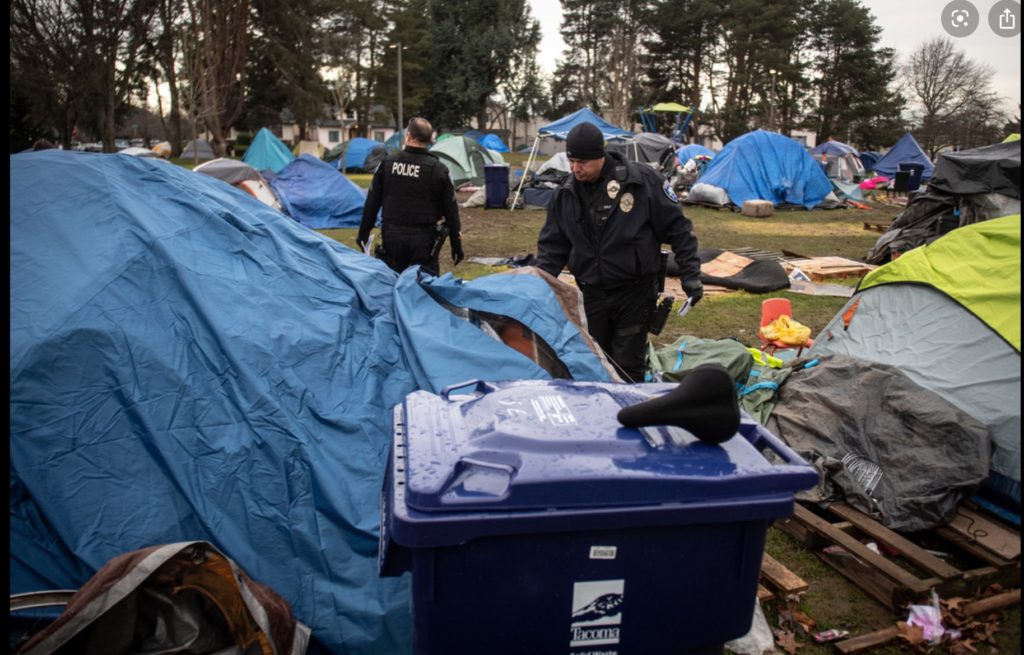
When it comes to the city of Tacoma’s effort to respond to its declared homelessness crisis, I’m no longer convinced there is one.
I don’t see how anyone could be, at least after watching the events of the last week play out at People’s Park on Hilltop.
Fair or not, the park, which is currently being cleared of a large encampment months in the making, has become the epicenter of Tacoma’s homelessness crisis.
It also now serves as a clear representation of the city’s current ability to respond to chronic homelessness — which, at this juncture, seems to be limited to reactionary moves, stutter steps and sympathetic soundbites.
Put plainly, the city currently has no clear, cogent vision for what it’s trying to do or how it will actually get there.
You know what the really frustrating part is?

That wasn’t always the case.
Back in 2017, when Tacoma’s elected leaders first declared homelessness to be a crisis worthy of an emergency response, a much-touted three-phase approach was rolled out.
The first two phases have been accomplished, at least to varying degrees, because they were the (relatively) easy parts. A number of large unauthorized encampments have been mitigated, while the city’s Dome District stability site and now the new micro-shelter site on Hilltop have been created to provide a safer, healthier middle ground between living outdoors and the next step.
Both represent progress, but that next step — Phase 3 — is where the wheels fell off.
To date, appropriate housing for individuals to move into has failed to materialize, at least to any meaningful extent.
At the time, everyone knew housing would be the ultimate key to success. It’s the only thing that will allow people to actually flow through the system and not simply get warehoused and stuck in place.
Three years later, the lack of progress on this front comes at the continued detriment of anything else the city might try.
Worst of all, the goal of finding and creating appropriate housing for the chronically homeless seems like it’s been all but abandoned.
It’s hard. It takes a long time. It’s expensive, and it shouldn’t be Tacoma’s burden alone.
We’ve heard all the excuses, some of them valid.
So in the meantime?
Here we are, mired in the same pattern that led the city down this path in the first place, and no one’s coming to save us. We’ve figured out a more humane way to shuffle and displace those with the most significant barriers to housing, with better optics for a purportedly progressive council.
At the very best, we manage to scrounge up a shelter bed, but that’s about it, and we’ve spent millions of dollars to do it.
In 2017, Tacoma’s then homeless services manager Colin DeForrest described the city’s approach as “a twisted game of hide and go seek.”
So it’s fair to ask: How much has really changed?
Certainly not enough.
Aside from putting out fires and avoiding lawsuits, the city doesn’t appear to know what it’s doing.
Need further proof? Let’s visit People’s Park, one more time.
As we know, it was a highly contentious daytime ban on tents and tent-like structures in Tacoma parks that led to this week’s cacophony of press releases and temporary fences, including the lights and TV cameras stationed at the park.
You know what’s really wild?
Roughly a week before the hotly debated ban on tents finally took effect, a temporary ban on camping in public places — dating back to July 2017 — expired with little fanfare or public knowledge.
While most elements of the city’s emergency homelessness declaration were extended by the City Council in November of last year, the temporary public camping ban, which advocates said was a necessary part of the city’s response, wasn’t among them.
So one ban ends, while another begins.
What is going on here?
Does anyone know?
According to city spokesperson Megan Snow, the temporary ban was allowed to “sunset” while “staff assesses the impact and considers whether it should be re-implemented.” Tacoma police spokesperson Wendy Haddow separately confirmed this week that Tacoma’s ban on public camping was a thing of the past.
All of this came as a surprise to several current and former City Council members who spoke to The News Tribune this week, including former at-large representative Ryan Mello and current members Chris Beale and Robert Thoms.
Reached on Tuesday, Beale said he didn’t recall city staff discussing the matter with council members, while acknowledging he might have missed a memo.
For his part, Thoms — who in the past has strongly advocated for enforcement elements to be part of the city’s approach to homelessness — said he also was surprised, describing the situation as “unfortunate.“
Most council members, Thoms said, likely believed the public camping ban was being extended back in November with everything else.
That wasn’t the case, Thoms learned and verified after being contacted by The News Tribune.
“The tool should have been extended, and I can’t imagine a scenario where we address the issues in this realm without addressing public camping,” Thoms said when asked for his reaction.
Of course, you can debate the effectiveness and constitutionality of bans on public camping until you’re blue in the face. Personally, I believe they do more harm than good, and if that’s the path a city wants go down, at the very least it better have ample alternative options to provide.
There’s a large part of me that’s happy to see it go.
Still, given the confusion and apparent disconnect between council and staff, it’s practically impossible to feel confident that Tacoma is acting with purpose and direction in its response to homelessness, isn’t it?
Don’t answer that. It’s rhetorical.
Now, for the questions we do need to answer, and fast:
Do we really want to start addressing chronic homelessness in Tacoma?
Or are we satisfied with the status quo, which includes people forced to live outdoors?
The good news is, if we choose the former, we know what it will take to start making a real difference.
The answer is housing, particularly permanent supportive housing, just as it always has been.
Making progress is a matter of city priorities.
In Olympia, a city faced with many of the same homelessness-related issues, voters in 2018 authorized a permanent sales tax increase to fund housing projects and homeless services. It’s expected to generate about $2.3 million a year.
As one of its first applications, a sizable chunk of that funding will go toward the construction of 60 units of permanent supportive housing for people who are mentally ill or homeless, according to The Olympian.
It won’t solve every problem, but at least it’s a start.
Tacoma was also feeling generous in 2018.
Here, by a comfortable margin, voters also approved a sales tax increase, expected to generate some $6 million per year.
The difference?
Championed by local officials far and wide, the money is going to increase access to the arts.
Considering the current crisis, and taking nothing away from the arts, that decision alone should be enough to make us all look in the mirror and ask ourselves — and especially our city manager and elected officials — what, exactly, our priorities are?
In other words, when it comes to addressing homelessness, what is the plan?
Or is this it?
READ THE TACOMA NEWS TRUBUNE ——–> https://www.thenewstribune.com/news/local/news-columns-blogs/matt-driscoll/article239019388.html
Food Wars Season’s 1 & 2 Streaming NOW on HULU
If you like food porn then you’re in for a real treat!! Food Wars streaming NOW on HULU


